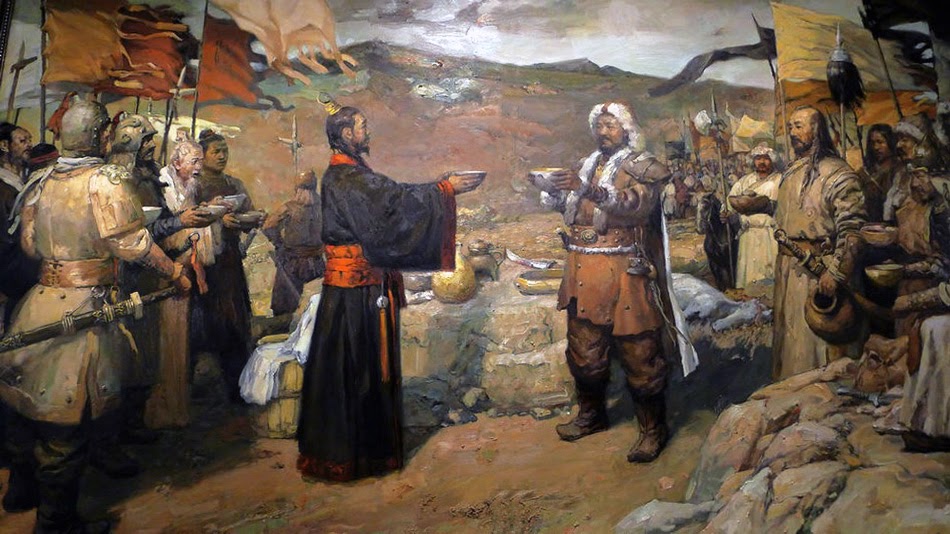In the absence of any other conclusive forensic evidence, DNA profiling is the method of choice for body identification. This study focuses on the case of a carbonized corpse whose complete autosomal short tandem repeat (STR) profile could not lead to direct identification by the investigators. To assist in the progress of investigation, we endeavoured to determine the biogeographical origin and eye colour of the deceased individual. Along with Y chromosome and mitochondrial DNA analyses, we applied a next-generation sequencing (NGS) approach to the study of ancestry informative markers (AIMs) using the HID-Ion AmpliSeq™ Ancestry Panel launched by Thermo Fisher Scientific.
ArcheoGene
The study of kinship in the ancient Yakuts allowed us to highlight the difficulties in analysing genetic data from small ancient human groups and to develop a strategy to improve the accuracy of statistical computations. This work describes this strategy and possible solutions to the study of populations outside of the frame of reference of global meta-populations, due either to isolation, remoteness or antiquity.
This study is part of an ongoing project aiming at determining the ethnogenesis of an eastern Siberian ethnic group, the Yakuts, on the basis of archaeological excavations carried out over a period of 10 years in three regions of Yakutia: Central Yakutia, the Vilyuy River basin and the Verkhoyansk area. In this study, genetic analyses were carried out on skeletal remains from 130 individuals of unknown ancestry dated mainly from the fifteenth to the nineteenth century AD. Kinship studies were conducted using sets of commercially available autosomal and Y-chromosomal short tandem repeats (STRs) along with hypervariable region I sequences of the mitochondrial DNA.
Après avoir identifié un des cinq fusillés inconnus du Bois de la Reulle, au Nord de Toulouse, le même groupe de chercheurs révèle l’identité d’un autre héros tombé sous les balles allemandes. Marcel Joyeux était le bras doit de Ravanel…
These data show that mummified bodies frozen in the Siberian permafrost are a reservoir of DNA fragments from ancient pathogens. This genetic information could provide clues to past epidemics.






